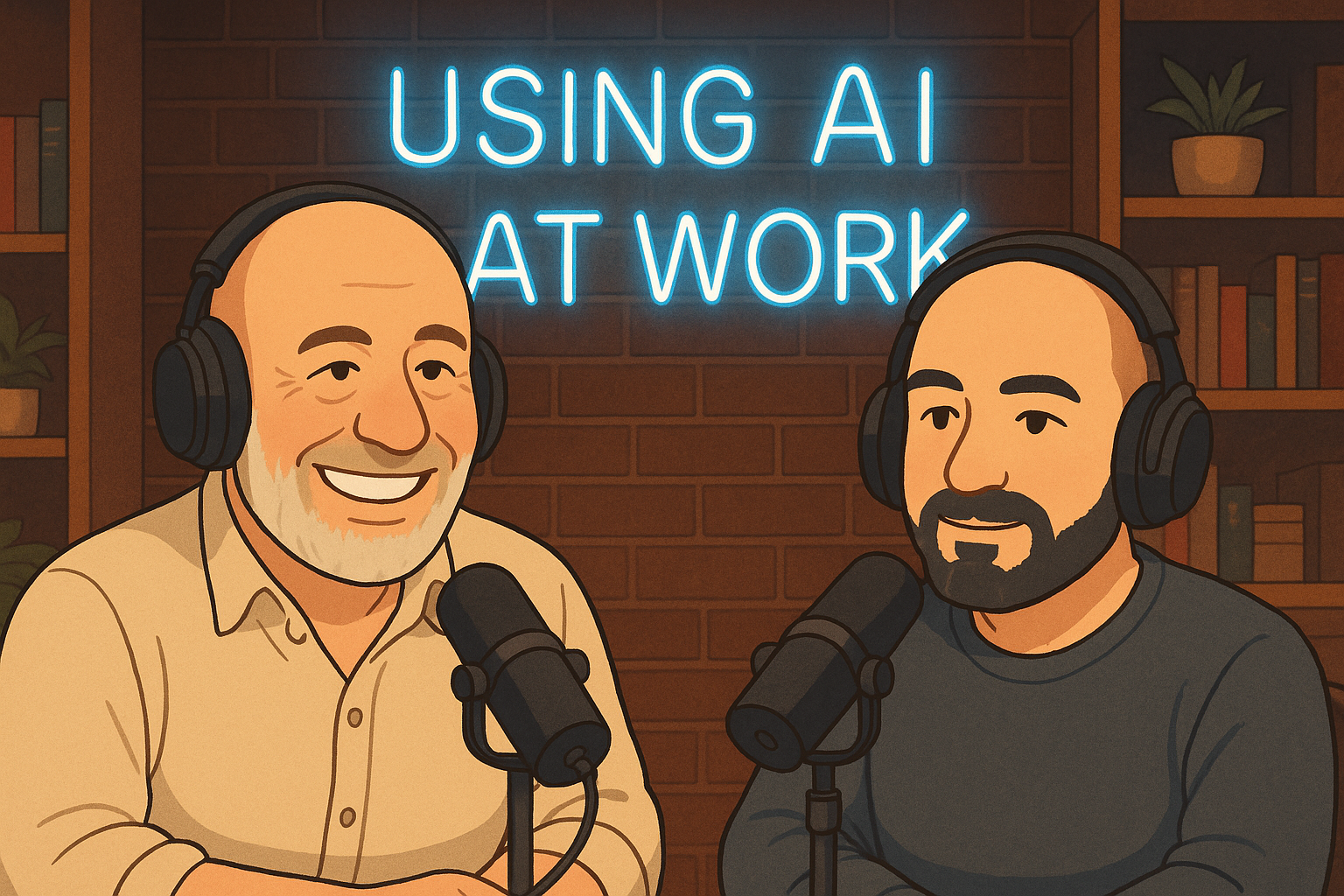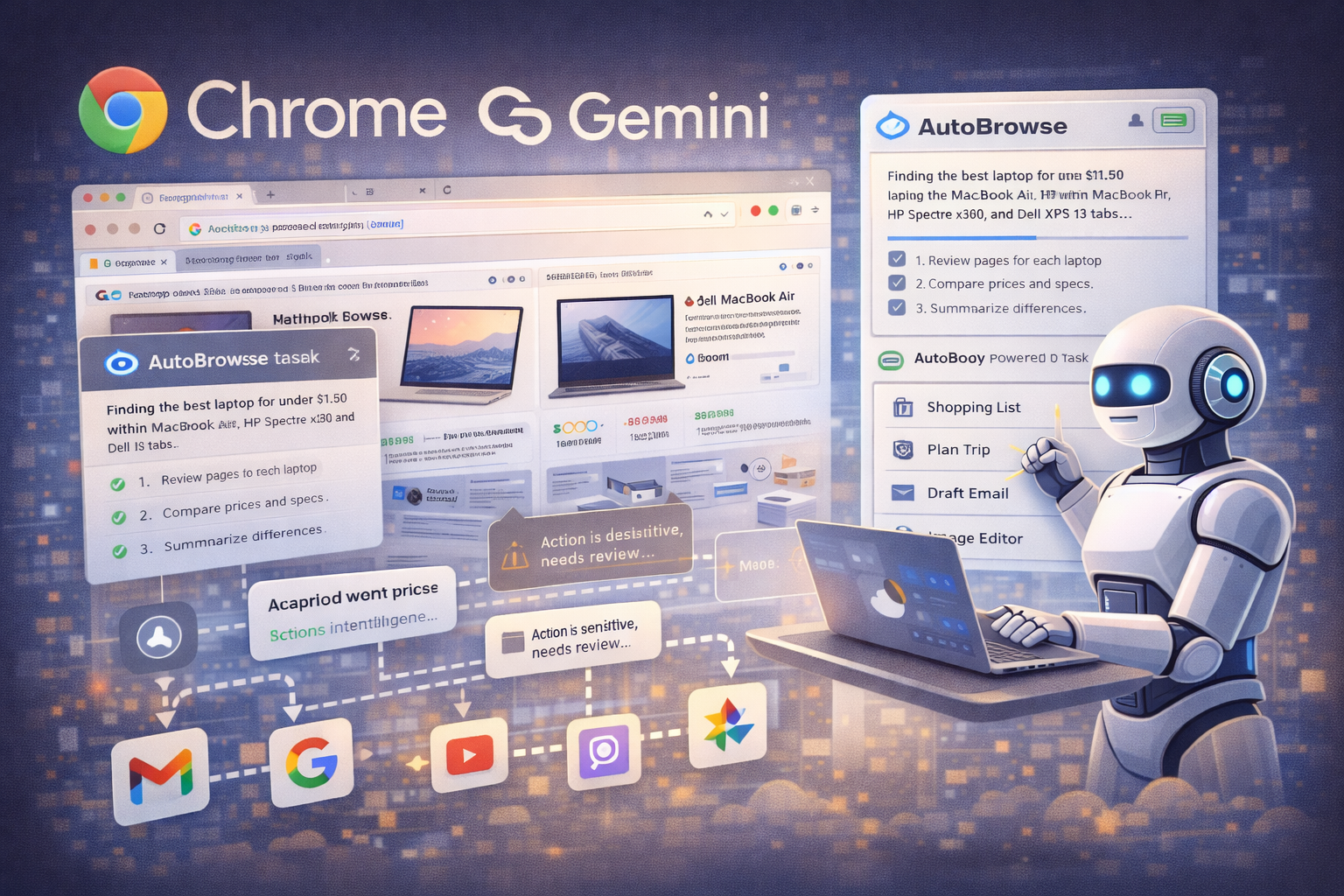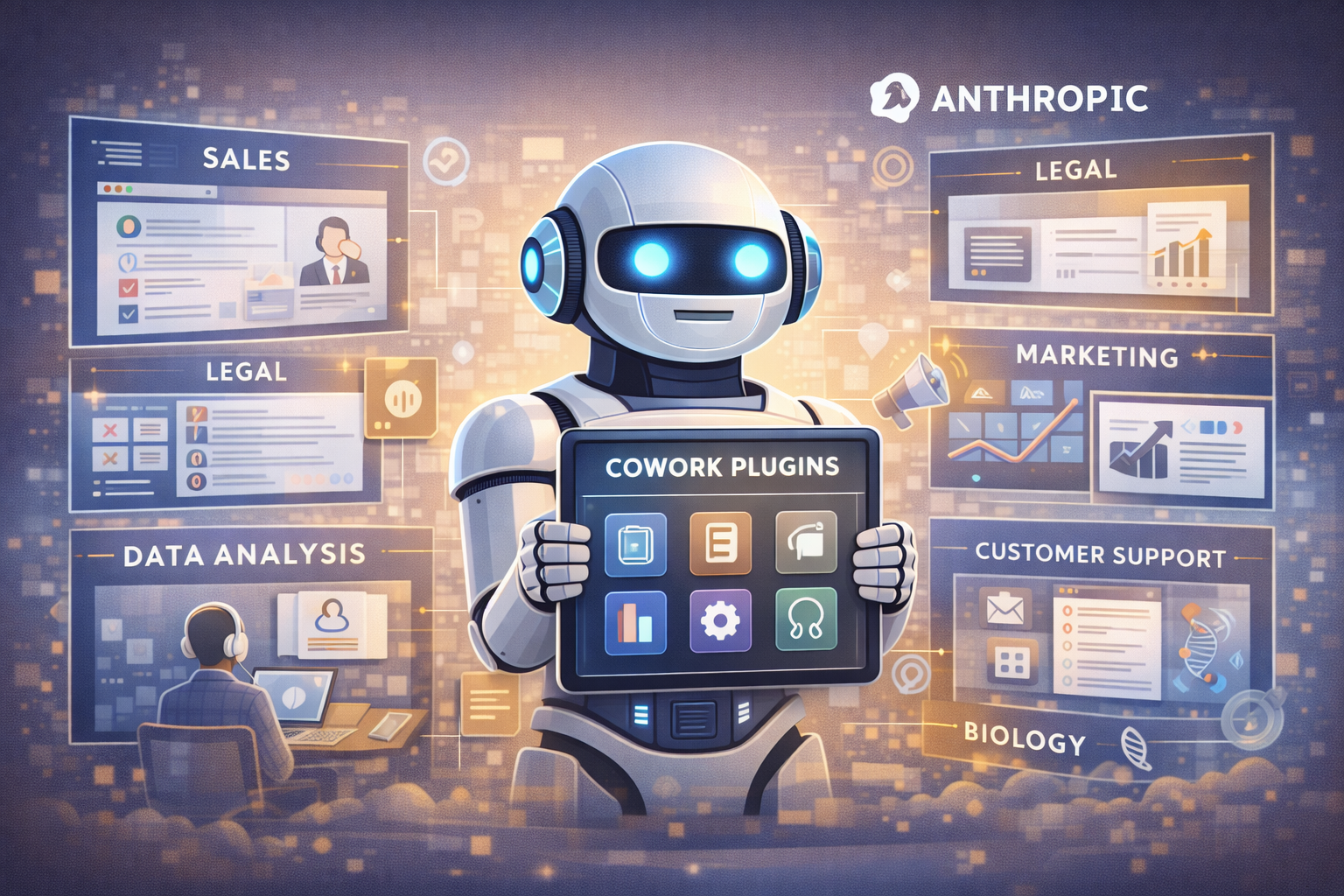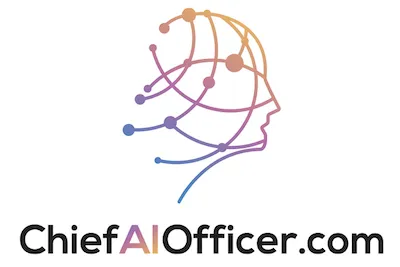In our latest episode of Using AI at Work, we dive deep into one of the most critical conversations of our time: how artificial intelligence is transforming education and what it means for preparing the next generation of workers. Our guest, Dave Martelli, founder of Guildhall Studios and former head of computer science at a Boston-area school, brings unique insights from both the tech industry and education frontlines.
The New Paradigm: From Information Recall to AI Collaboration
The traditional education model focused on memorization and recall, but that paradigm is rapidly becoming obsolete. As Martelli explains, we’re witnessing a fundamental shift where success depends not on what you know, but on how effectively you can collaborate with AI systems to access and apply information.
"The new paradigm is that I don’t even need to know the information. I just need to know how to get the information," Martelli notes. This shift mirrors the evolution from punch cards to modern programming languages – each generation worried the next was "cheating," when in reality, they were simply adapting to more powerful tools.
Introducing AI to Children: A Parent’s Playbook
For parents wondering how to introduce generative AI to their children, Martelli advocates for a purposeful, play-based approach:
-
Start with a purpose: Give children specific problems to solve rather than just handing them the technology
-
Stay involved: Supervise and guide the learning process, using it as bonding time
-
Embrace failure: Allow children to experiment, debug, and learn from AI’s imperfect outputs
-
Use familiar interests: Connect AI projects to things children already love, like music, art, or gaming
His own daughter’s journey from struggling with 3D modeling for her business to using AI mesh generators exemplifies how the technology can remove barriers while still requiring creativity and critical thinking.
The School System Challenge
The conversation reveals a complex challenge facing educational institutions. Many schools are banning AI use, treating it as cheating, while others are embracing it as the future of learning. Martelli argues that educators, many of whom have spent their entire careers in academic settings, may lack the industry experience to understand how these tools are actually used in the workplace.
"Teachers are better at teaching the social emotional skills, the teamwork skills, the how to be you skills than they are ever going to be at teaching the real world industrial skills," he observes.
Individualized Learning at Scale
Perhaps most intriguingly, Martelli envisions AI enabling truly individualized education. Instead of teaching the Pythagorean theorem the same way to every student, AI could help a robot-obsessed child learn it through game programming, while another student discovers it through architecture or woodworking.
This approach could address one of traditional education’s biggest challenges: the shy student who doesn’t raise their hand gets lost while the loud student monopolizes attention. AI tutors can understand individual comprehension levels and adapt accordingly.
Looking Ahead: Skills vs. Knowledge
The discussion suggests we may be moving toward an education system that prioritizes meta-skills over specific knowledge:
-
Adaptability: The ability to quickly learn and adapt to new tools
-
Vision clarity: Being able to articulate precise goals and requirements
-
Human collaboration: Working effectively with people across different cultures and experience levels
-
Resilience: Bouncing back when new technologies disrupt established ways of working
The Integration Challenge
While some AI-powered schools are showing remarkable results – with students achieving top national test scores in just two hours of daily learning – questions remain about what students do with that extra time and whether they’re truly prepared for an AI-integrated world.
The real opportunity may lie not in simply making traditional education more efficient, but in fundamentally rethinking what education should accomplish in an age where information is instantly accessible and human-AI collaboration is the norm.
This conversation challenges parents, educators, and policymakers to think beyond incremental improvements and consider what learning truly needs to look like for the next generation. The future belongs to those who can effectively partner with AI while maintaining uniquely human skills like creativity, empathy, and complex problem-solving.
Ready to hear the full conversation?Listen to the complete episode with Dave Martelli where we explore these ideas in much greater depth, including specific strategies for parents and insights into the future of AI-powered education.




